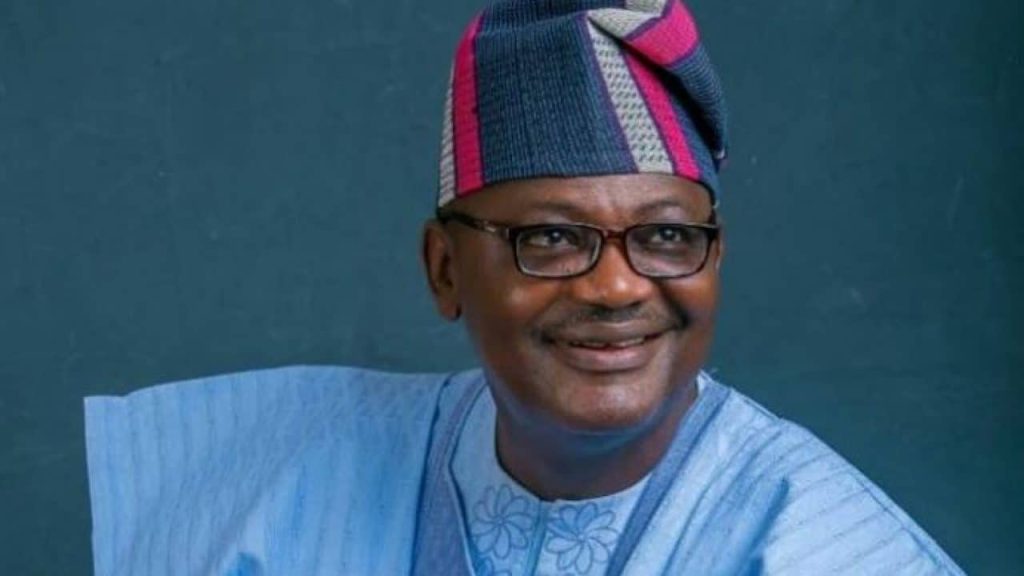The continued ban on petrol sales in Nigerian border communities, initially implemented in 2019 under the Buhari administration, remains in effect despite the removal of fuel subsidies. Gboyega Isiaka, a House of Representatives member representing Yewa South/Ipokia Federal Constituency in Ogun State, explains that the ban’s persistence stems from security concerns, overriding the economic logic that previously justified it. While the subsidy removal theoretically eliminates the incentive for smuggling fuel to neighboring countries, Isiaka reveals that security agencies possess intelligence supporting the ban’s continued enforcement. He acknowledges the hardship this policy inflicts on border residents but stresses the government’s reliance on security assessments and urges patience while advocating for a gradual lifting of the ban.
Isiaka, who chairs the House Committee on National Planning and Economic Development, recognizes the seeming contradiction between the subsidy removal and the ongoing fuel sale restriction. He argues that the initial rationale for the ban, preventing subsidized fuel from being smuggled across borders, no longer holds. However, he defers to the security agencies’ superior access to information, accepting their justification for maintaining the ban despite the changed economic landscape. His appeal to his constituents reflects a balancing act between acknowledging their difficulties and upholding the government’s security priorities. He emphasizes ongoing dialogue with relevant authorities to gradually ease the restrictions, assuring residents that their concerns are being addressed.
The 2019 ban, enacted by former President Muhammadu Buhari, targeted petrol stations within 20 kilometers of the border. The aim was to curb fuel diversion to neighboring countries, where subsidized prices made smuggling lucrative. While the Buhari government later granted waivers to a limited number of filling stations in these areas, the quantity of fuel supplied remains insufficient for the population’s needs. Communities in Ogun State, including Idiroko, Ipokia, Iwoye Ketu, and several others, continue to grapple with the consequences of restricted fuel access. This has forced residents to rely on the black market, where prices are significantly higher, impacting their daily lives and economic activities.
The situation in these border communities highlights the complex interplay between economic policy and national security. While the removal of fuel subsidies was intended to streamline the market and eliminate arbitrage opportunities that fueled smuggling, the security dimension remains a critical factor. The continued ban underscores the government’s assessment of ongoing risks, potentially related to cross-border criminal activities or other security threats. Isiaka’s cautious approach reflects the need to weigh economic considerations against these security concerns.
Isiaka’s efforts to navigate this complex issue involve ongoing engagement with both security agencies and government bodies. He aims to find a solution that gradually lifts the ban while addressing the underlying security concerns. This phased approach likely seeks to minimize disruptions and ensure that any relaxation of restrictions doesn’t compromise border security. The challenge lies in finding a balance that satisfies the needs of the affected communities without jeopardizing broader national security objectives.
The situation in Nigerian border communities presents a case study in the challenges of policy implementation and adjustment. The removal of fuel subsidies, while addressing economic distortions, has not automatically resolved the issues in these border areas. The continued ban on fuel sales reflects the government’s prioritization of security concerns, even as it acknowledges the hardship imposed on residents. Isiaka’s efforts to mediate between the affected communities and the security apparatus underscore the need for a nuanced approach that considers both economic and security imperatives. The ongoing dialogue and potential for a gradual lifting of the ban offer a glimpse of a possible resolution, albeit one that requires careful consideration of the complex dynamics at play.


